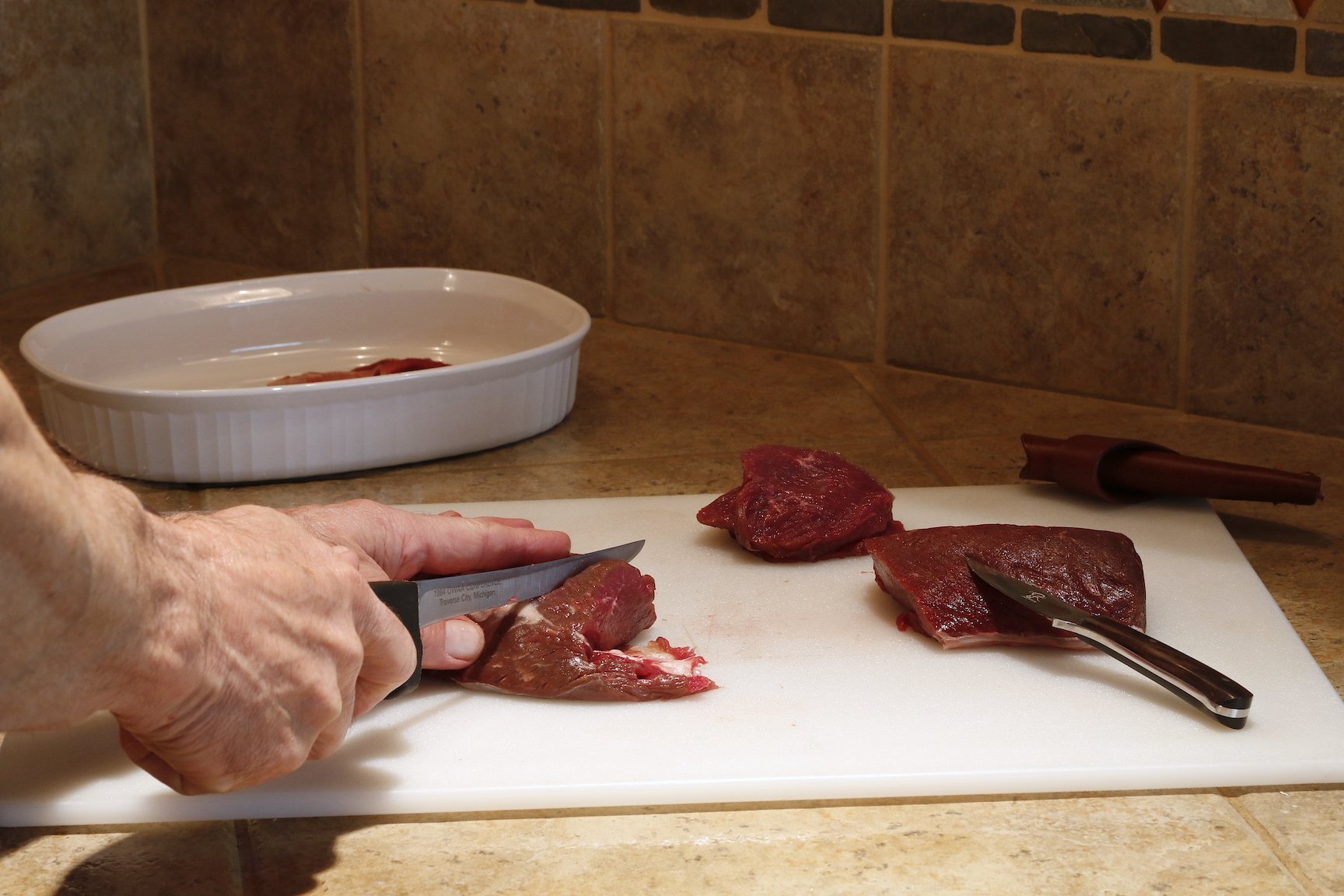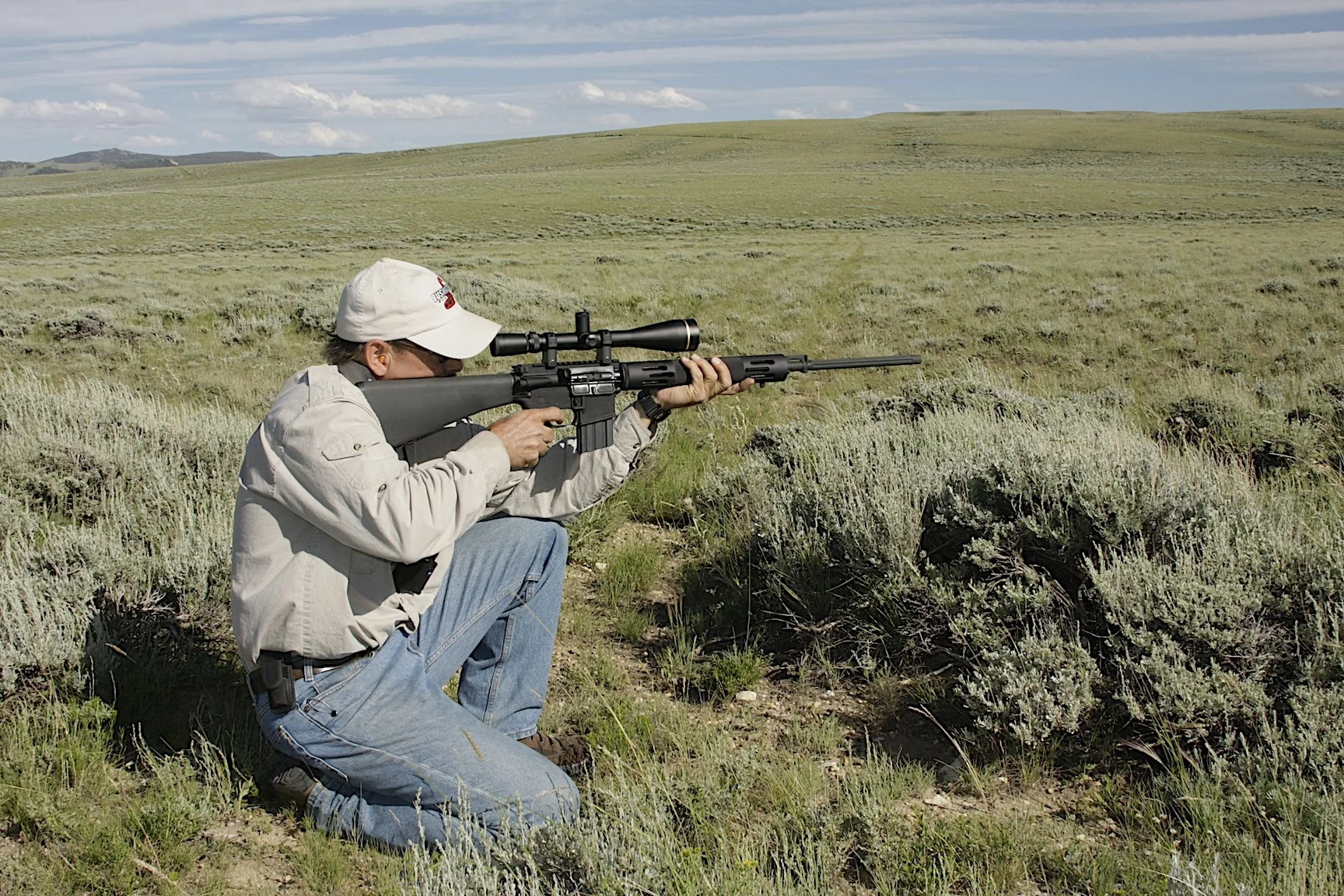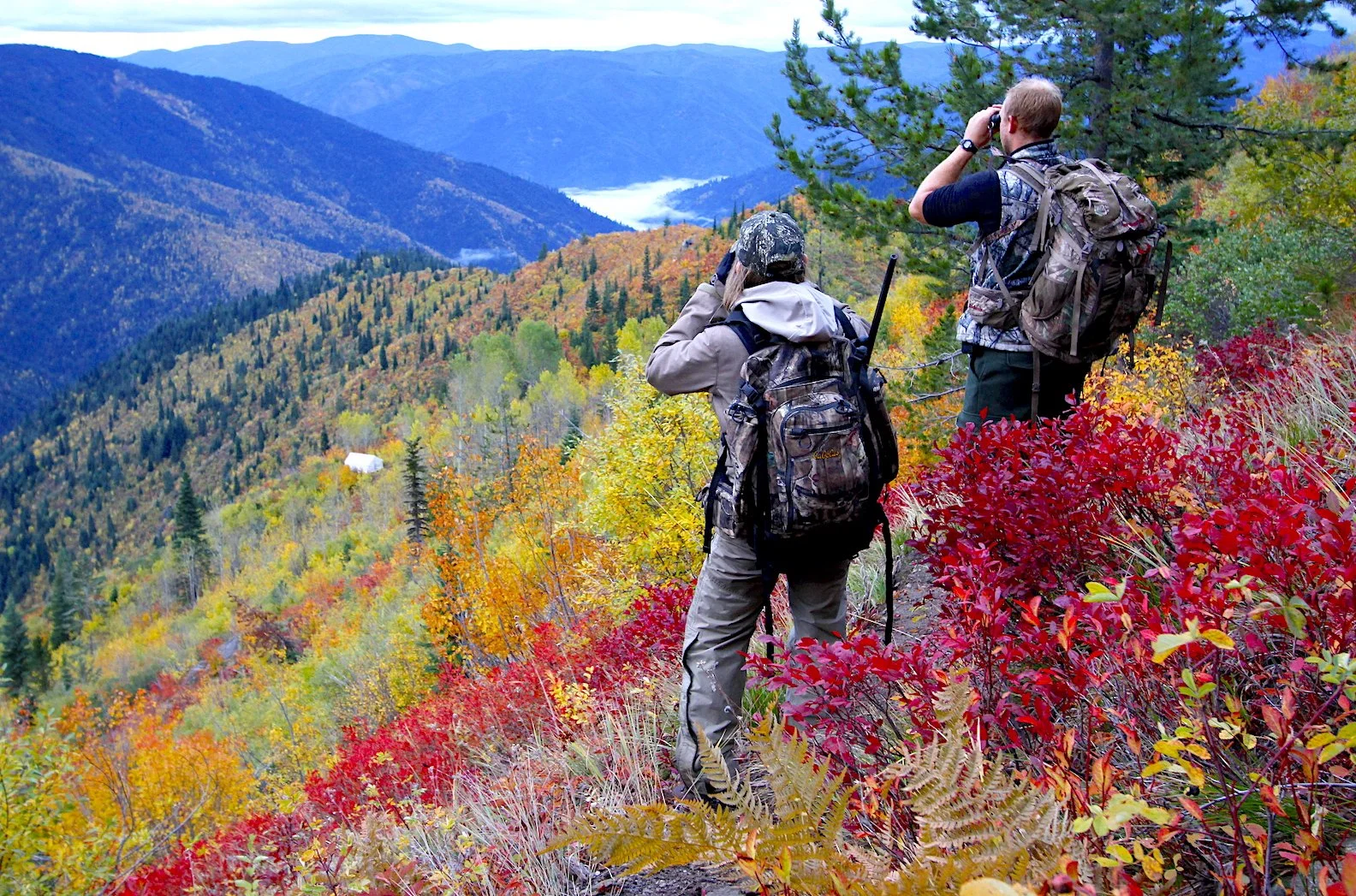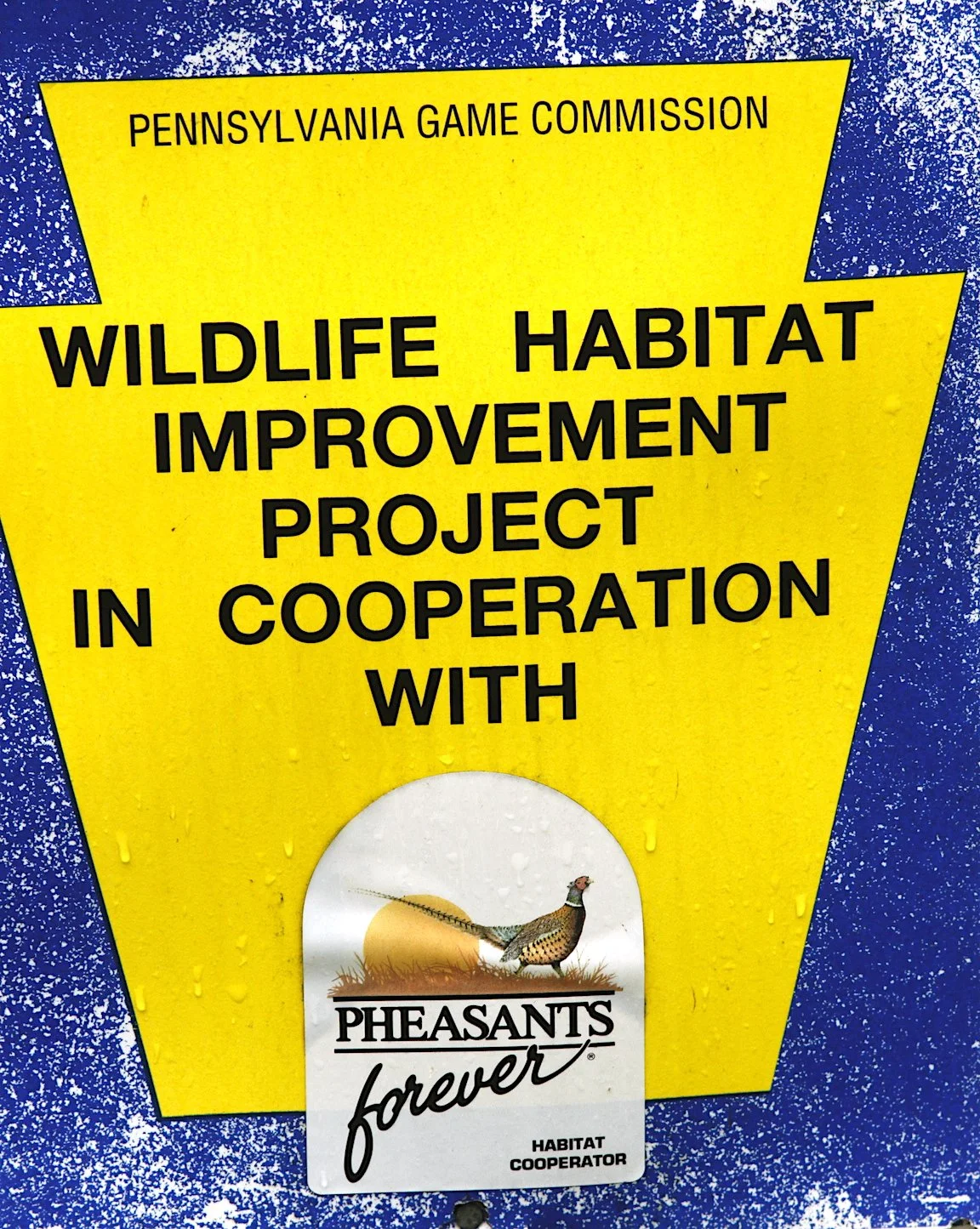Make Steak, Not War
by Ron Spomer
An agency hired to market video games recently asked if it could pay to place a video ad for its game, Battle Lightning (not the real name) on Ron Spomer Outdoors You Tube channel. The marketer thought his war game was a good match for our hunting and firearms focus, illustrating what I fear is a common misperception: Hunters wage war on wildlife.
As a hunter of some 55-years experience, I can assure you I have never imagined myself at war with wildlife. But I can understand why many non-hunters might think I am.
45-70, 30-06, 308 and 223 were all designed initially as military rounds.
Part of the reason is that hunters, like soldiers, use firearms, knives, bows, and other tools designed to kill. And most of those tools were initially engineered for war. The 45-70 Govt., 30-06, 308 Winchester and 223 Remington cartridges, for instance. And the AR-15 style rifles. Detractors of the AR-15 are quick to point out that these were “designed for killing people!” Uh, yeah, but so were the Mauser and Springfield bolt-action repeaters, principle battle rifles of WWI. The Henry lever-action was created with the hope that the U.S. military would buy it in substantial numbers. Indeed, a few thousand of the first Henry’s manufactured were used by Union troops. Even the basic, “primitive” flintlock rifle was concocted as a better weapon of war than the sword, spear, and bow.
The AR-15 was (gasp!) engineered for warfare! (Not really. But the Mauser of 1898 was, and it’s now regarded as an old Fudd’s hunting rifle.)
Unfortunately, many firearms marketing campaigns exacerbate this misconception that hunting is war on wildlife when they depict hunters in military-style camouflage (The first hunting camo was simply the jungle pattern that emerged during the Viet Nam war.) In many advertisements hunters, faces grease smeared, pose in painful, belabored contortions with their boots, packs, and guns (heck, even their bows) muddied and bloodied and looking as if they’ve just gone six rounds with a horde of terrorists. They crawl through the mud, wade neck-deep through icy rivers in the relentless drive to reach their objective and complete the mission. Even duck hunters appear to be waging a fight for democracy against incoming formations of mallards. It’s a grim business.
Our real warriors — Army, Navy, Air Force, Marines — deserve thanks and accolades for enduring and risking what they do to protect us and fight tyranny. Their business often is grim. But to equate what they do with hunting is an insult to the military as well as to our hunting heritage. The two cannot and should not be conflated.
Hunting is not about weapons and war. And neither is Ron Spomer Outdoors. We investigate and celebrate humankind’s ancient heritage as hunter/gatherers. Sure, we emphasize the tools and tactics, modern and old, used in the pursuit of organic protein. But we also highlight every hunter’s personal and perpetual search for our true connection to Nature. We seek not just the guns and gear, but the beauty, the mystery, the joy that comes from discovering and participating in our natural roles in the great panoply of life.
Any hunter who doesn’t notice Nature’s beauty simply doesn’t yet understand its atavistic pull on one’s psyche.
Rather than battle bears, moose, bucks, rams, pheasants, quail, and bunnies, we study, admire, stalk, shoot, butcher, cook, and eat them. In limited numbers. Sometimes but one per lifetime. Usually for but a few days each year. The rest of the time we build and restore. We erect nesting platforms, restore wetlands, plant trees and grasslands. We fight weeds and invasive species the threaten the productivity of the wilds. And, yes, we build, modify, and perfect our tools and skills so that we can kill as quickly, cleanly, and humanely as possible.
Sport hunters are also wildly different from warriors because, in addition to loving the animals we pursue, we limit the methods with which we hunt them. We do not stalk deer at night with thermal imaging devices. We do not call in drone strikes on enemy pronghorns. We do not fire fully automatic rifles or shotguns, do not launch explosive-tipped arrows. Yes, hunters do use many of the basic firearms and cartridges first designed for war, but only because those have proven the most effective for clean, humane kills.
Most importantly, hunting differs from battle in the attitude of the participants. Hunters, I imagine and sincerely hope, hunt without aggression, without scorn or contempt toward an adversary. Odd though it may seem to some, we hunt for peace, joy, and life. By taking the lives of Nature’s creatures to nourish our own, we hunters recognize, celebrate, and cement our essential connection to Nature.
# # #







